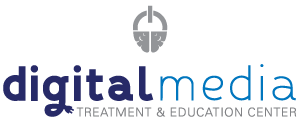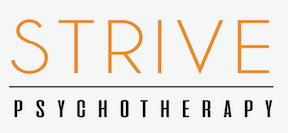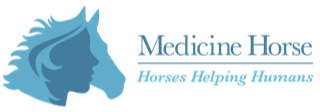Independent Living Skills for Young Adults
Who Qualifies for the Supervised Independent Living Services (SILS) Program?
 Young adults (18+) enrolled in our executive functioning summer program, an intensive college preparatory course. Ideal candidates are seeking support to practice independent living skills in order to better prepare for life on a college campus or in the local community where they attend college.
Young adults (18+) enrolled in our executive functioning summer program, an intensive college preparatory course. Ideal candidates are seeking support to practice independent living skills in order to better prepare for life on a college campus or in the local community where they attend college.
SILS is for young adults who live near our offices in Boulder, Colorado, or are willing to relocate to a location in Boulder that’s walking distance from our offices, shopping areas, hiking trails, and social and entertainment opportunities. Some of our clients will transfer to their college campus after completion of the summer program or they may continue with us through the fall months for ongoing support.
Our team of coaches regularly provide support in the participant’s home environment to build independent living skills and self-care skills including developing a morning and evening routine, time management, meal planning and prep, and hygiene. Participants can also receive support to attend classes at University of Colorado at Boulder. Support plans are individualize based on the skills the young adult needs.
Why Seek Support for Independent Living Skills?
There are many reasons young adults seek support to develop better independent living skills and academic skills. Many of our clients have the following difficulties/diagnoses:
- Academic difficulties despite being academically capable
- Social isolation and disengagement from their college campus
- Social anxiety and/or performance anxiety issues with avoidance, especially social & academic avoidance
- Low self-confidence
- Autism spectrum disorder/Social communication disorder
- ADHD
- Slow processing speed
- Digital media overuse issues that interfere with their ability to manage college requirements or prevent them from enrolling in college, maintaining social connections, and more.
- Have had a successful completion of intensive/residential treatment and they are seeking an aftercare program to prepare them to return to their college campus.
What does the Supervised Independent Living Program Include?
All young adults engaging in our SILS program receive an average of 15-20 hours per week of face-to-face coaching. They participate in weekly social and therapeutic group activites. And parents receive support from coaches to provide a collaborative family system.
Coaching Activities and Goals
Activities and goals include:
- Executive function & academic coaching
- In-home life management & coaching support
- Emotional regulation support and improved coping skills
- Reduction or abstinence from behaviors that impede success, such as digital media overuse.
- Improved social confidence
- Transportation for grocery shopping, job searching, school-related functions, and social engagements (if needed).
- Summer social series & community connection activities
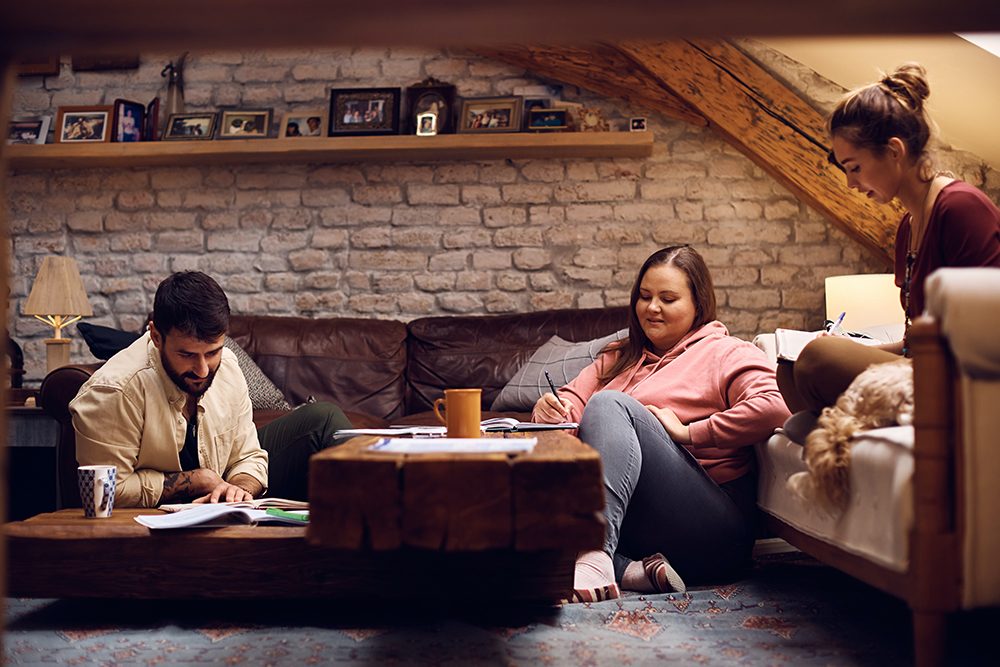
- Parent coaching support provided to the young adult’s parents
- Support to take classes at University of Colorado at Boulder connection activities
Group Activities and Goals
Each week, SILS program participants engage in our Social Activity Seminar Series, a variety of social and therapeutic group activities. These groups are developed to support young adults with managing social anxiety and building social awareness, social competence, and social confidence to engage with others. Groups promote healthy digital media use and social connection, typically through board games and yoga. And during warmer months, we provide a weekly hiking group and an outdoor lunch and games group. CCS coaches facilitate these groups and the participant’s coach will support them to attend by accompanying them. Read more about the Social Activity Seminar Series (SASS).
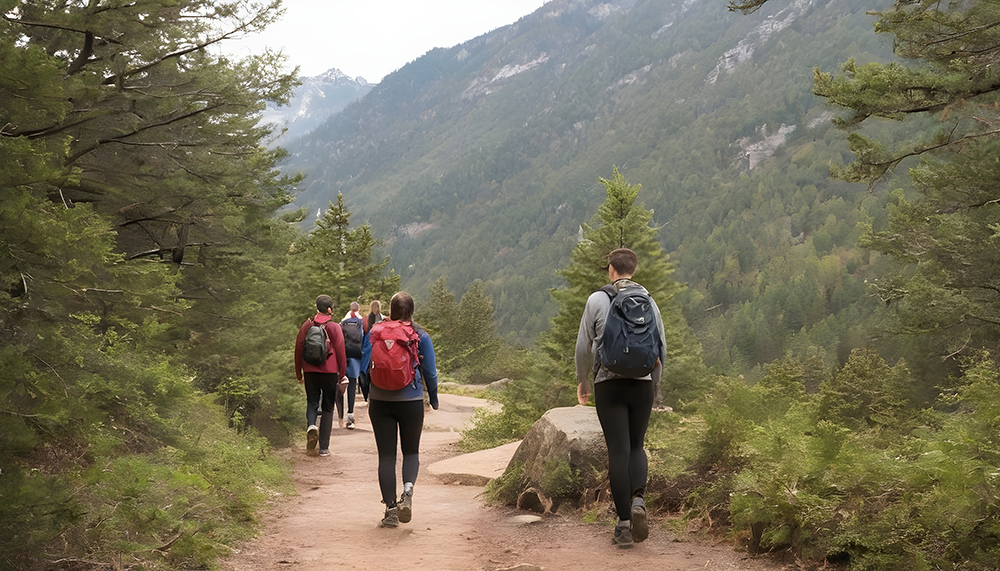
Parent Coaching Support and Goals
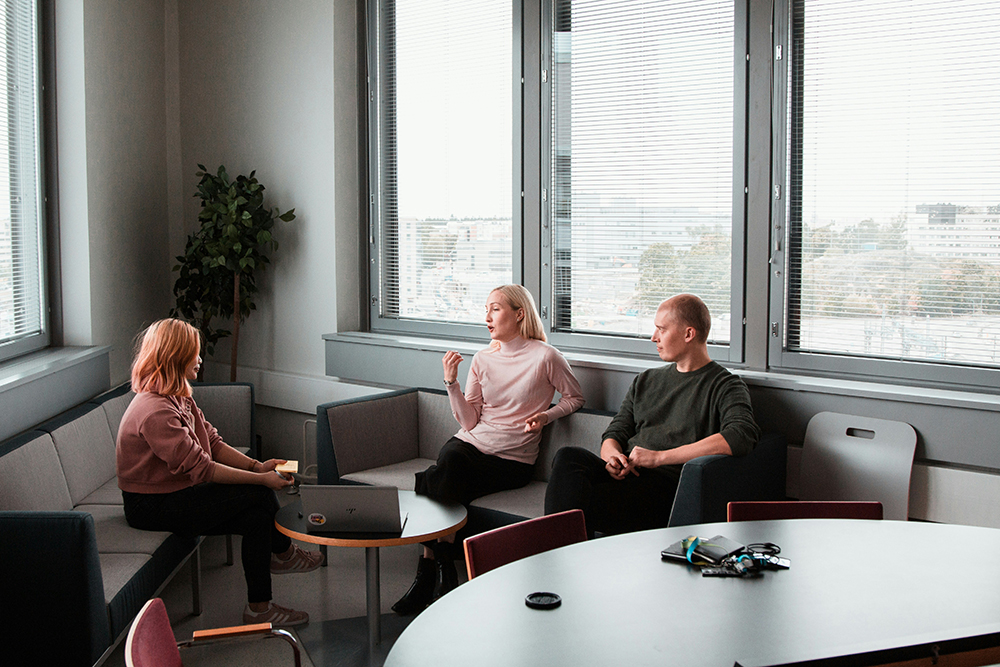
A supportive family system is crucial for a young person’s success. So, the SILS program provides weekly parent coaching meetings to help parents gain tools to support their young adult. To ensure collaboration, we also hold regular group meetings between the young adult, participating family members, and the coaching team.
How Do Participants Practice Independent Living Skills?
 Participants practice independent living skills through an individualized health and wellness plan that includes weekly, specific, measurable goals and objectives. This can include but isn’t limited to the following items.
Participants practice independent living skills through an individualized health and wellness plan that includes weekly, specific, measurable goals and objectives. This can include but isn’t limited to the following items.
- Regular movement outdoors and indoors (e.g., hiking, walking, rock climbing, gym, etc.)
- College courses, including the Psychology 101 college preparatory course that’s part of the CCS executive functioning summer program. If indicated, participants are supported to take courses at CU-Boulder, and/or their school of choice, during the time they are at CCS.
- For some, obtaining employment or engaging in volunteer work is important to their core structure and improving a sense of competence and confidence.
- Taking driving lessons and earning the necessary practice and hours to obtain a driver’s license.
- Social support and social skills training are a critical part of our services, which includes regular group activities and connection with interests in the community.
Program Benefits
- Participants experience improved emotional regulation and coping. This means less avoidant or escapist behaviors, such as screen overuse, substance use, or other areas of concern.
- They gain a better understanding of their executive function limitations. And they learn and implement effective tools and resources, and receive consistent coaching to reinforce the practice of using the tools and resources.
- We connect them with immediate support at their school, which promotes academic and life management success.
- Our team collaborates with each other and outside providers on an ongoing basis to provide the best services possible for our clients. This includes ongoing communication with an educational consultant if needed and regular communication with the client’s psychiatrist and therapist.
- We guide and empower our clients to develop the important skills necessary for obtaining and maintaining employment. Our clients typically obtain employment within 45-60 days.
Additional Support Opportunities
Psychoeducational Assessments and Neuropsychological Evaluations† – These assessments, provided by Dr. Nicole Hipp, evaluate underlying mental processes impacting educational, workplace achievement and life management abilities. To understand why a person achieves at a certain level, it’s critical to measure various aspects of cognition using the tools of psychological measurement.
Specialized Psychotherapy Services† – Services from our affiliate companies can be integrated during the course of the summer SILS program, if indicated.
- Strive Psychotherapy – General outpatient mental health
- Digital Media Treatment & Education Center – Specialized treatment for digital media overuse and co-occurring factors
†Note: Engagement in these services is an additional fee to the SILS/therapeutic coaching monthly cost.

